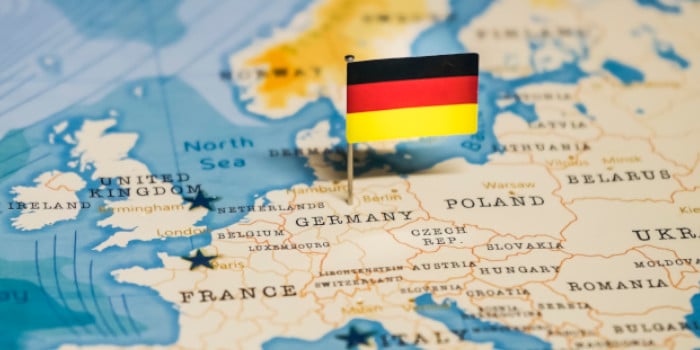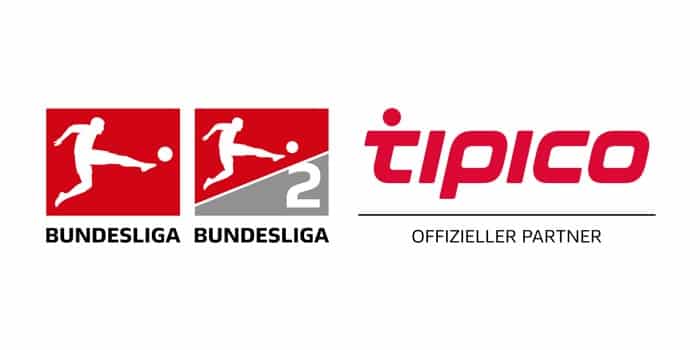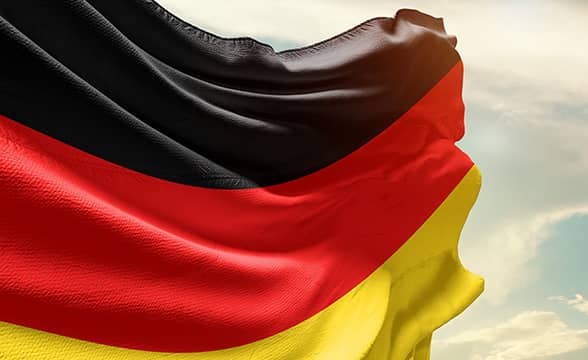- Casino
- By State
- Alabama
- Alaska
- Arizona
- Arkansas
- California
- Colorado
- Connecticut
- Delaware
- Georgia
- Florida
- Hawaii
- Idaho
- Illinois
- Indiana
- Iowa
- Kansas
- Kentucky
- Louisiana
- Maine
- Massachusetts
- Maryland
- Michigan
- Minnesota
- Mississippi
- Missouri
- Montana
- Nebraska
- Nevada
- New Hampshire
- New Jersey
- New Mexico
- New York
- North Carolina
- North Dakota
- Ohio
- Oklahoma
- Oregon
- Pennsylvania
- Rhode Island
- South Carolina
- South Dakota
- Tennessee
- Texas
- Utah
- Vermont
- Virginia
- Washington
- West Virginia
- Wisconsin
- Wyoming
- By State
- Slots
- Poker
- Sports
- Esports
Legalization of Sports Betting In Germany Court-Challenged and Blocked

The legalization of sports betting in Germany has hit another snag, as the Darmstadt Administrative Court halted the process, casting serious doubts whether operators would ever take any bets under the third amendment of the State Treaty on Gambling, the Glücksspielneuregulierungstaatsvertrag /GlüNeuRStV/.
Discriminatory Process, Lack of Transparency
Much to the dismay of the Deutscher Sportwettenverband /DSWV/, the German sports betting industry body, the administrative court action was in response to a challenge of the licensing process in term of transparency and discrimination, by an Austrian sports book operator, Vierklee.
The regulatory body stated that, as the ruling was yet to be published, they could neither comment on it, nor assess whether the court decision would be appealed. Either way, the licensing process has been halted and the president of the DSWV, Mathias Dahms, could not hide his disappointment from this big blow to all members of the association.
Regulatory Framework Agreed
In mid-March, there was an announcement that the Germany Head of States had approved the final regulatory framework for federal gambling and sports betting, on a meeting in Berlin.
Back in February, the Darmstadt Regional Council, the state authority responsible for processing sports book applications and issuing licenses thereafter, informed there were around 30 operators that had applied so far, with 20 other expressing strong interest waiting in the wings, which in total would legalize 99% of Germany sports betting operations. Now, when the licensing body in Hesse is so near to the point of issuing the first sports book licenses, the process is grinding to a halt.
Extra Incentive for License Holders
In addition to the first licenses, there would most likely have been issued prohibition orders for internet service providers to block access to offshore gaming companies that were not licensed, to help channel the customers of the latter to regulated operators.
Instead, sports book providers in Germany were left empty-handed once again, with no certainty that their operations would be legal, protected and regulated, and all the efforts invested by the candidates and the licensing body personnel in Hesse had been in vain.
The issuing of the first licenses would have brought an end to a long period of debate and wrangle among the states on how exactly an interstate federal sports betting market should look like. Since the original draft of the State Treaty on Gambling in 2012, its implementation has been delayed by legal challenges all the way to 2019. Bringing the Treaty into effect for 18 months starting January 1, 2020 should have given the necessary transitory period for the new expansive framework that would legalize casino and poker starting July 1, 2021, albeit with the initial treaty restrictions retained.
The decision of the administrative court throws the whole licensing process in limbo and it is not clear at this stage whether the licensing body would appeal the court ruling.
Mike made his mark on the industry at a young age, consulting for companies that would later become regulators. As one of the lead editor of Gambling News, he dedicates his weekdays to this project, aiming to educate the masses on the latest developments in the gambling circuit. His expertise and passion for the industry make him an invaluable asset to our team.
Must Read
More Articles





Business
July 10, 2025
DoubleDown Acquires Whow Games in €65 Million Deal

Casino
June 30, 2025
DIMOCO Enters Germany iGaming Market with Neo.Bet

Sports
February 6, 2025
Tipico Extends Bundesliga Sponsorship Through 2028/29 Season

Casino
January 28, 2025
German Trade Body Warns: Slot Channelization at 20%-40%





